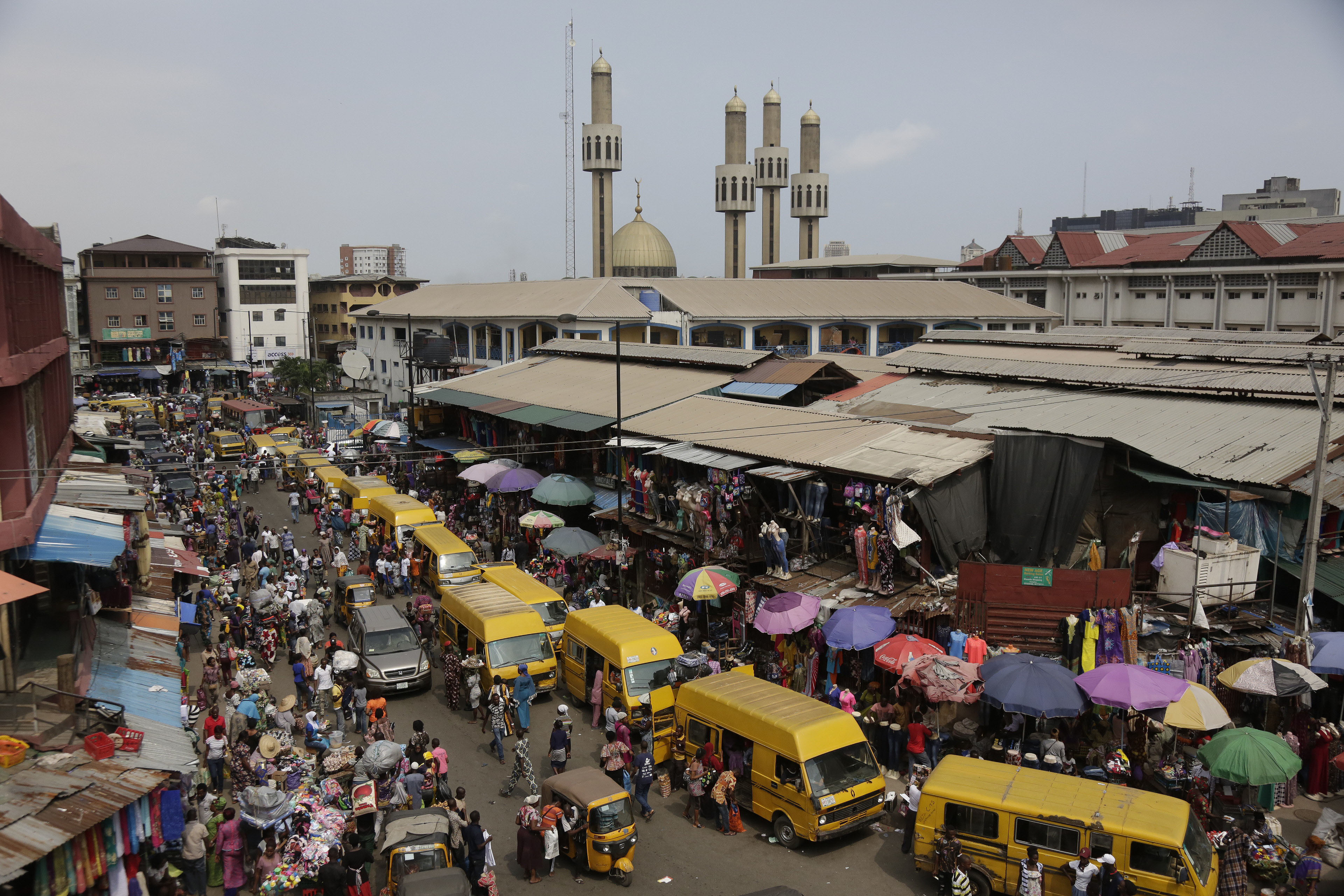
By Hannu Afere
For the past two weeks, the writer of this article has been—like many other Nigerians—in self-imposed quarantine. He is stuck in Lagos with his girlfriend and their dog, and their wits and an account balance flying at half-mast. Without the physical interaction needed for work at his fashion magazine, his labor feels a little different. He is forced to have meetings via Google Hangouts, WhatsApp and over a phone line with fluctuating network bars. But he can’t really complain. After all, this is Nigeria.
Working from home however, means that he is constantly reminded that there is barely enough food in the store, that there will be trouble in paradise if he doesn’t stock up soon, that he needs to buy enough bags of pure water as the price keeps escalating, that he needs to get more face masks and latex gloves (the price of the former has gone from N18 per unit to N500 in the last 48 hours). That he also needs to think about the dog—rawhide, kibble, canned food, vitamins, etc.
But the dog does not seem worried. Maybe she would be, if she could come online to see the viral Broadcasts on WhatsApp, the scary news people are tweeting and retweeting, or the panic on Facebook. Currently, there are 44 confirmed cases of COVID-19 in Nigeria. Most of them in Lagos. Luckily, this new coronavirus does not infect dogs, thank God! She eats her meals and plays with her chew toys and carries on like someone did not just open the book of Revelations on us—or is it the book of Exodus?
The mind reels as, on TV, the WHO reports on how the pandemic is accelerating, how it took 67 days from the first reported case to reach the first 100,000 cases, 11 days for the second 100,000 cases and just 4 days for the third 100,000 cases.
There is mayhem on Nigerian social media, but in this writer’s neck of the woods, it is just business as usual. In the evening, when this writer and his girl were trying to buy some essentials, he observed the bemusement on the face of the seller when she saw their latex gloves. “Ah, customer! You too, don go buy dis tin?” She is stubborn and borderline condescending when the girlfriend tries to impart upon her the importance of protecting oneself from the virus. “Abegi,” she scoffs. “Na big man disease. You don see poor man wey die from the virus? Na people wey get money for aeroplane dey catch am.”
This writer is taken aback by the seriousness on the woman’s face and the gross misinformation she is disseminating, but there is nothing that prepares him for what comes next. “Na big man sickness” she continues. “The Italian man wey catch am, e nor die because he suffer small. Heat nack am for the isolation center, mosquito nearly kill am, no borehole, the well water wen e use baff commot all the sickness wen dey im body; but the one wey come from the UK, e dey siddon for AC from morning to night, dey do like oyinbo. How koro nor go kill am?”
The writer is impressed by the amount of information this market woman has at her disposal, but perhaps what is even more interesting is the acrobatics she employs in trying to make it about the strength, resilience and familiarity of the underprivileged with suffering.
This is how she makes a living, any news that threatens her business must be met with equal amounts of hostility, derision and denial.
If one does not even believe that they CAN contract the virus, how do you begin to explain social distancing to them? If regular folks on the street believe that by virtue of being poor, they are better suited for survival, what hope is there in this fight for equality, what hope is there for better distribution of wealth, what hope is there for an economic revolution?
It is almost as if the political class and so-called big men ruling this nation have successfully neutered the masses. People are so used to the suffering they celebrate it! They cheer when a politician tests positive, but beyond that, do nothing to protect themselves.
There is little this writer and his girlfriend can do for her, so they just take their provisions and march on home. They do not stop until they get to the gate of their building where they exchange pleasantries with Mohammed the mai-guard. He is from Niamey in Niger and says they have had one positive case there. He opens the gate with his elbow.
Outside, through the back window, the voices of catholic children practicing what sounds like catechism questions, prayers and songs float in—they are tweens obviously observing the Lenten season, in spite of, or despite all the talk about social distancing.
“The Lord’s prayer,” the sister leading them calls in a sing-song voice. “After which we shall all wash our hands with soap under the tap…”
This writer smiles a wry smile, [trust in God but tie your camel.]
The one positive thing about this situation, he realizes, is that almost everyone on the street knows what coronavirus is. From the market trader to the gateman to the kids in catechism. How they choose to contort or interpret this knowledge is a different matter entirely influenced by an allegiance to God, the romanticizing of poverty and/or the sheer desperation in eking out a living.
When the door finally reopens, the dog who can immediately sniff out the crayfish and beef amongst the supplies they have just brought in, barks and jumps around excitedly.
Oh, to be this carefree!
© Hannu Afere 2020




Leave a Reply